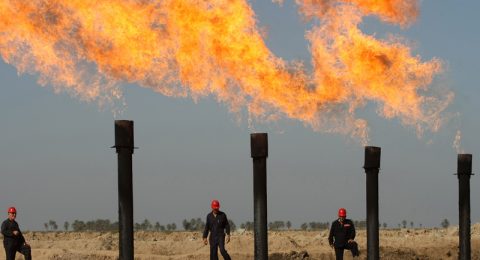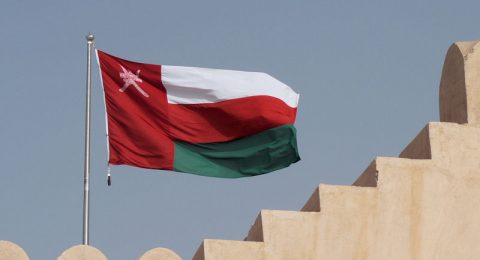production freeze | Egypt Oil & Gas


Kuwait’s Oil Cuts to Reach 148,000b/d
Kuwait's output cuts could reach between 146,000 and 148,000b/d, which is more than the reduction to which the member of the Organization for Petroleum Exporting Countries (OPEC) committed itself.
Oman Pro-Rated Oil Output Cuts
Omani Ministry of Oil and Gas has set an output limit on producers in Oman. The 45,000b/d output cut will be shared by the Sultanate’s oil producers on a pro-rate basis.
OPEC Might Extend Output Cut Deal
The Organization for Petroleum Exporting Countries (OPEC) could extend its oil output cuts to the end of 2017, provided other producers continue to cooperate on the deal.
Iraq Began Oil Cuts
Iraq has begun implementing measures to reduce national oil output by some 200,000b/d, in keeping with an OPEC decision.
Oman Begins Oil Output Cuts
Oman is expected to cut oil output by 45,000b/d. This is about 4.5% of its 1mb/d day production, to honor the agreement with the Organization of Petroleum Exporting Countries (OPEC).
Iraq, Kurdistan Confirmed Commitment to Output Cuts
Most international oil companies working in Iraq, along with the semi-autonomous region of Kurdistan, have agreed to cut crude output to fulfill an OPEC accord.
No Iraqi Mandate for Lukoil to Cut Oil Output
The head of Russian oil company Lukoil, Vagit Alekperov, said that the firm has not received any directives from the Iraqi government in Baghdad to curb oil production for 2017.
Oman, Russia to Monitor Production Cut Deal
Oman and Russia have been named to the committee set up by OPEC to oversee the implementation of oil production cuts agreed upon by OPEC and non-OPEC nations.



